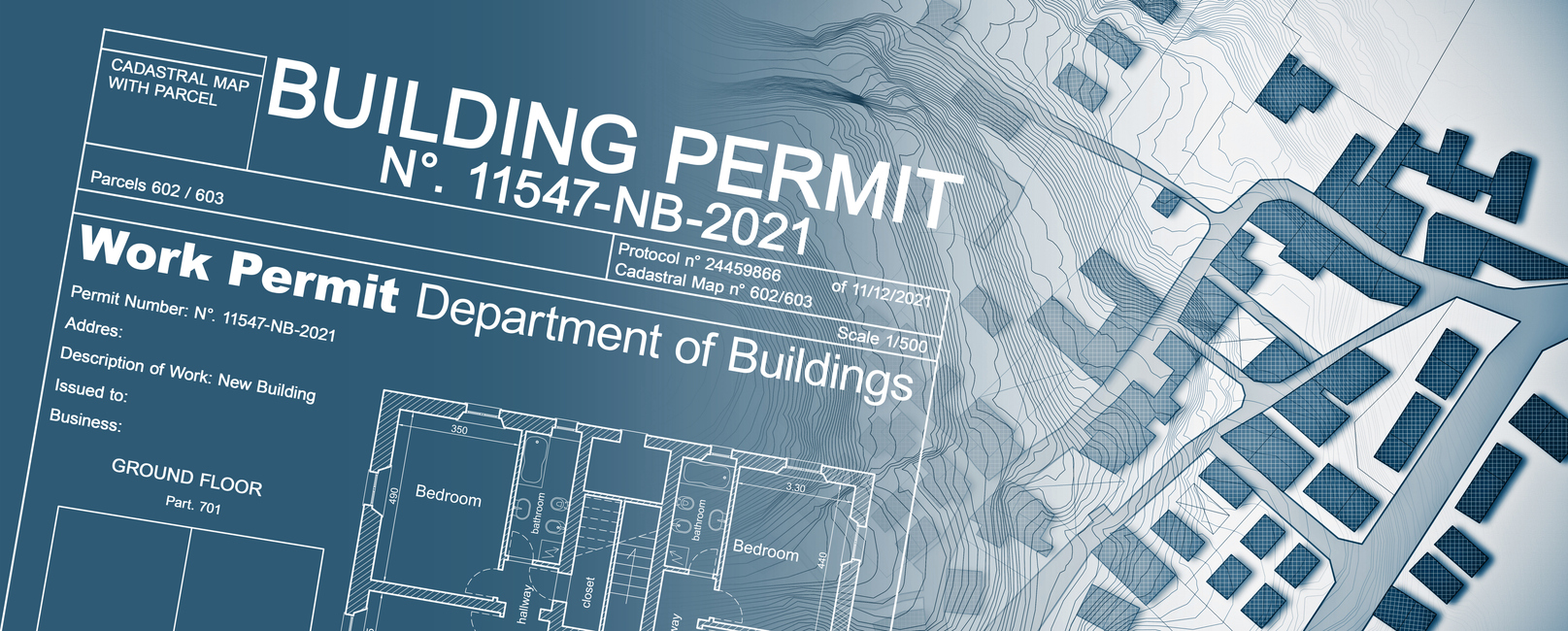News & Updates
The place for all the News and updates to NYC Building codes, permits and expediting. An informative area to expand your knowledge of the arcane Department of Buildings regulations and licensing requirements.
October 4, 2015
S & M Permit Expediting Frequently Asked Questions
Frequently Asked Questions about NYC DOB and Permit Expediting These are the most common frequently asked questions regarding permit expediting. What services does S&M Expediting offer? How can SME help my business? How long do I have to wait to see a plan examiner for an appointment? Why doesn’t my building have a Certificate of Occupancy? How do I get a “curb cut” permit? What’s the difference between a demolition and an alteration? What kind
Terrace Garden Design in NYC In New York, there’s a lot you can do with your roof or terrace design from green roofs to full-scale commercial-use outdoor terrace lounges. For some roof and terrace renovations permits are required, and for others such as a some green roof options, permits may not be required. If what you are considering for your roof or terrace is on a more major level of construction, keep reading to find
November 5, 2013
The Difference A Class 2 Filing License Makes
Class 2 Filing License NYC In 2012, New York’s Department of Buildings issued new licensing requirements for all NYC expeditors. Due to our breadth of experience, S & M Expediting qualified for a Class 2 Code and Zoning Representative Filing License. This simply means that we have more exposure to the maze of departments at the DOB. More than half of all expediters have Class 1 Filing status which means they can only submit and
September 3, 2013
How Can an Owner Representative Make My Construction Project Easier?
All to often, construction projects and home remodeling jobs can hold up your life due to delays, missed deadlines and poor communication between project managers, property owners, sub-contractors and New York’s Department of Buildings. If you are managing a project that involves permits, approvals, violations, write-offs or any of the other many requirements of the DOB, you may want to consider hiring a permit expediter to act as your owner representative to city agencies such
September 3, 2013
Basement Conversions: What permits do I need?
Basement Conversions in NYC Converting your basement in New York takes a bit of planning. You cannot simply start renting out your space without making the legal changes required for all basement rental units. First off, all livable basement spaces need proper emergency escape and rescue openings known as egress requirements. In New York, any habitable space and all sleeping rooms in basements must have a second means of egress with a minimum open area




